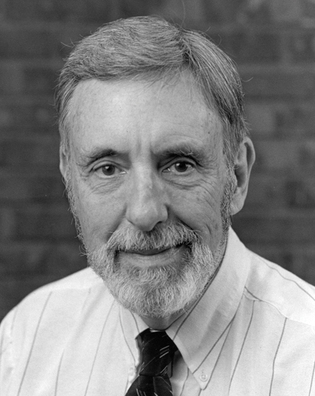 loading
loading
MilestonesWhite House honors for history profDavid Brion Davis has spent a lifetime studying slavery and its role in building America.  Yale UniversityNational Humanities Medal winner David Brion Davis taught at Yale for 31 years. View full imageForty-seven years ago, David Brion Davis won a Pulitzer Prize for the first book of his trilogy, The Problem of Slavery. This February, he published the third one, The Problem of Slavery in the Age of Emancipation. That trilogy, 50 years in the making, is one reason why Davis was at the White House in July to receive the National Humanities Medal from President Obama. A Sterling Professor of History Emeritus, Davis has made a career of studying and explaining the critical importance of slavery in the creation of the modern world. As his medal citation put it, he has “shed light on the contradiction of a free nation built by forced labor, and his examinations of slavery and abolitionism drive us to keep making moral progress in our time.” Davis became interested in history, slavery, and oppression when he witnessed racial conflict while serving in the US Army during World War II. “When I was growing up, I went to five schools in four years but I never sat in a class with an African American student. But when I went to Georgia for training for the invasion of Japan, I was shocked by Jim Crow at its worst. It was my first exposure to segregation,” he recalls. Davis, who came to Yale from Cornell in 1970 and retired in 2001, was the founding director of the university’s Gilder Lehrman Center for the Study of Slavery, Resistance, and Abolition, which opened in 1998. He says his work with the center gave him a new perspective that enabled him to finish his trilogy: “I was able to make much stronger connections between my teaching and my writing about slavery.” And despite the accolades for his scholarship, the 87-year-old Davis prizes most his work as a teacher. “The most memorable thing about my work was the 58 doctoral dissertations I directed, most of them from very smart Yale graduate students,” he says. “I got to have an influence on the way history is written.”
The comment period has expired.
|
|